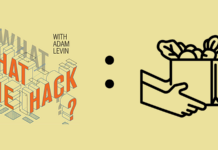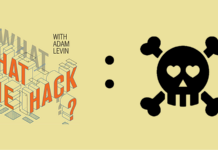Student loans for some 44 million Americans resumed after three-and-a-half years of forbearance that began with the Covid pandemic. It is estimated that 85 percent of borrowers will face financial hardship with 46 percent polled saying they were “financially unprepared” to resume federal payments.
The uncertainty stems in part from several extensions that occurred before forbearance was sacrificed during debt ceiling negotiations. President Biden’s proposed plan to erase between ten and twenty thousand dollars of debt from outstanding loans was blocked by the Supreme Court earlier this year but was retooled in the form of several small-scale programs designed to reduce monthly payments, forgive student loans for borrowers in public service, receive retroactive back credit to erase debt, consolidate loans, reduce interest, or assistance for borrowers in default.
Scammers are ready to take advantage of the prevailing uncertainty. A recent analysis conducted by Transaction Network Services detected 350,000 student loan-related robocalls in the last two weeks, a roughly 320% increase over weekly figures over the previous two months.
The most common ruse involves scammers presenting themselves as agencies or services that provide easy loans resolution, continuation of forbearance or loan forgiveness.
These are the red flags:
- Unsolicited communication with urgent deadlines: If you receive a phone call or email informing you that a debt forgiveness program expires soon, it’s a scam. While there are some opportunities for borrowers, no government agencies or their affiliates will chase you down.
“Though the U.S. Department of Education may reach out to highlight temporary programs, aggressive advertising language like the above will not come from us or our partners,” says the Federal Student Aid website.
- Demands for up-front payment: One of the most common scams are phony organizations promising debt relief in exchange for an advance fee. While the government does work with third party vendors who in some cases will adjust loan payment plans for a fee, they won’t charge this up front. If you’re looking for an adjustment to your loan, contact your loan servicer to walk you through the options.
- Requests for your information: Scammers will often contact targets and promise loan assistance or outright forgiveness. The catch? They need your information to get started. If someone tells you they require your StudentAid.gov username and password, your payment information, or any other sensitive data, assume it’s a scam.
Student loans present an enormous financial burden, especially for younger people just entering into the workforce. While the promise of an easy way out sounds appealing, it’s also a powerful lure for scammers. No matter the hardship, always keep in mind: If an offer seems too good to be true, it is.
Have you been targeted by a scam? Want to tell us your story? Contact us today!










